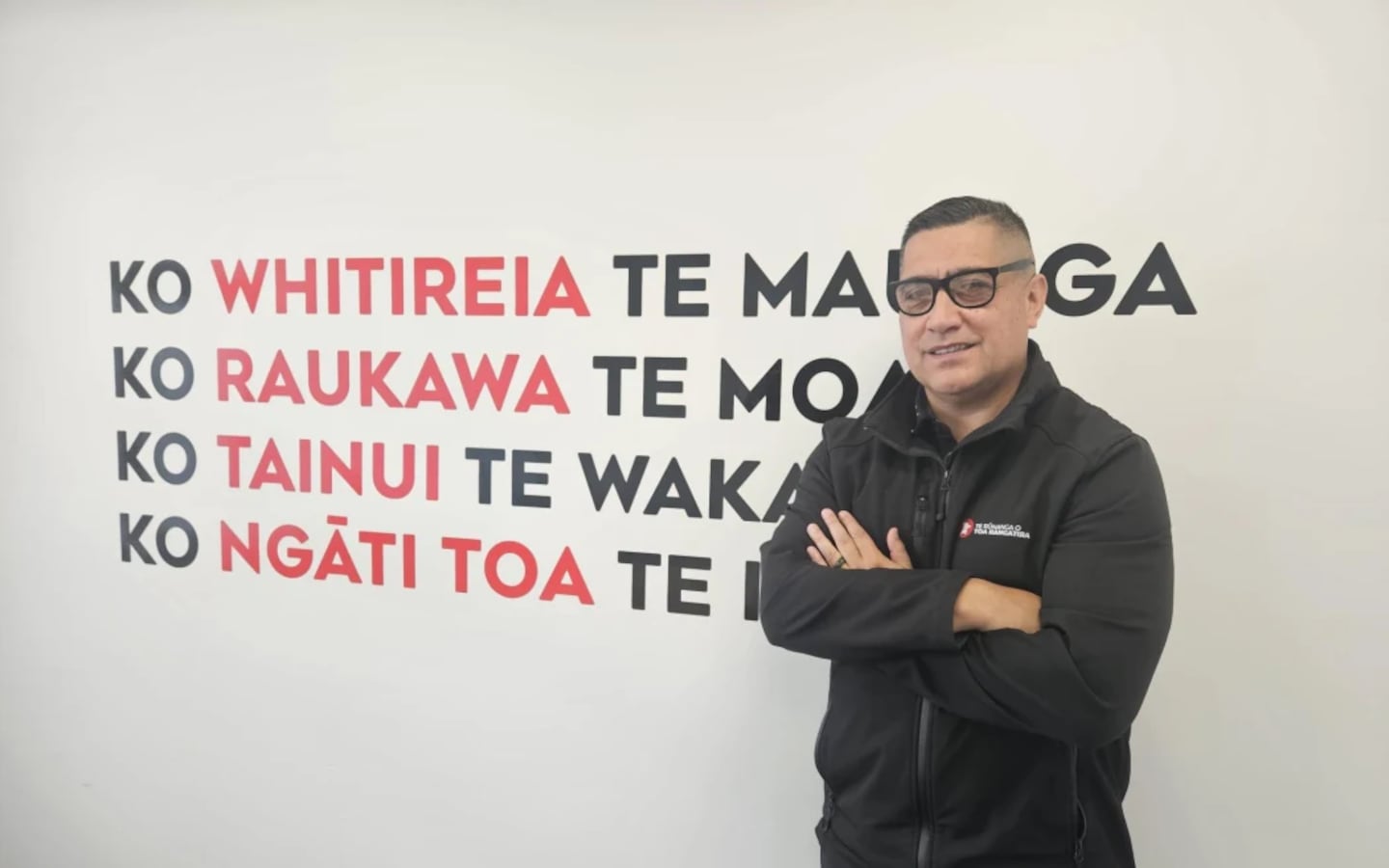This article was first published by RNZ
There has been a big spike in the number of whānau reaching out for essential supplies, says a marae in Porirua offering foodbank services.
Te Roopu Āwhina is run by Te Rūnanga o Toa Rangatira and works with whānau across Porirua to provide social service supports like counselling, budgeting services, emergency transitional housing and a pātaka kai or foodbank.
Marae social services general manager Steve Johnson told RNZ food insecurity among its whānau is on the rise.
“We support our people through a range of services designed to build resilience and Māori well-being, not just addressing immediate challenges, but helping whānau thrive in the long term.
“We’re seeing a big spike in the whānau that are reaching out for essentials, food, housing, access to mental health services, health services and all those support services that you see in places like Porirua. There’s real pressure on our households, real pressure on our whānau and that in turn puts pressure on services such as ours.”
His kōrero comes on the eve of Budget 2025, due out on Thursday.
Finance Minister Nicola Willis last week announced a $190m Social Investment Fund, which is part of a broader $275m commitment over four years to the government’s social investment approach.
The fund would be governed by the new Social Investment Agency and was expected to invest in at least 20 initiatives in its first year, including Te Tihi o Ruahine in Palmerston North, which offers similar services to Te Roopu Āwhina.
Johnson said he was “absolutely” seeing an increase in food insecurity, with the rising cost of living.
“We’re hearing stories of tamariki missing meals just so Mum and Dad can pay the rent. Housing is a major issue as well, we have people living in overcrowded conditions that are that are mouldy, wet, damp.
“Food insecurity creates stress and instability, we are trying to remove some of those pressures and we are trying to allow our whānau to focus on other areas that support their well-being.” Johnson said.
Johnson said he was grateful to their partners like New World Tawa, Foodstuffs, the Ministry of Social Development and the Wellington City Mission.
He said there was a growing need for culturally sensitive and responsive services.
“What whānau are asking for loud and clear is mana enhancing support. They don’t want a quick fix here they want services that restore their dignity, their mana and help build long term well-being.”
Short-term contracts and fragmented funding made it hard to plan long-term or grow the capacity to meet the need, Johnson said.
“Our kaimahi are doing amazing mahi, they are the ones that are at the bottom of a cliff face, you know, and are receiving our whānau. Often that have to go above and beyond, they’re having to stretch constantly limited resourcing.”
By Te Manu Korihi for RNZ



